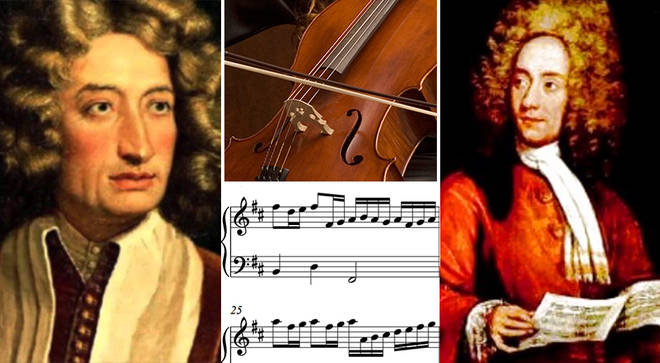
This is the kind of love that warms the cockles...
An 81-year-old Italian man has been filmed serenading his hospital-bound wife with an , after he was told he couldn’t visit her due to restrictions.
Sitting in the courtyard outside her hospital window, Stefano Bozzini found a way to show his love for his partner of 47 years, Carla, without entering the ward.
As Carla and several watched on from a window, Bozzini gave a rendition of Engelbert Humperdinck’s ‘Spanish Eyes’, a piece of music he told his wife “was so in love with”.
“I did it for Carla – to show her how much I love her and to thank her for all she has given me,” he said.
Posted by on Sunday, November 8, 2020
Carla was taken to a hospital in Castel San Giovanni, Italy, so that medical staff could carry out tests for suspected cancer.
“I wasn’t able to see her in hospital and so went to the courtyard with the – my heart told me to go,” her husband explained.
“After she heard the she looked out of the window, so at least I got to see her.”
He added: “I played others that everyone knows, one song after the other, I didn’t stop. A lot of the sick people in the hospital were looking out of their windows.”
Stefano, a former member of the Italian army’s Alpini mountain infantry speciality, wore his uniform hat while giving the .
He had earned the nickname “Gianni Morandi”, after the Italian pop singer, from his comrades because he was always playing the accordion, The Guardian .
Stefano and Carla first met when they were in their 20s and have three children, but they lost their youngest to cancer at the age of 25.
Carla has since been discharged after spending 10 days in hospital.
(C) 2020 by ClassicFM London


